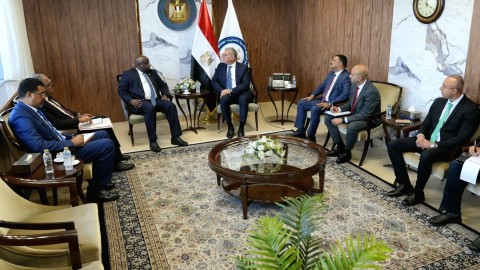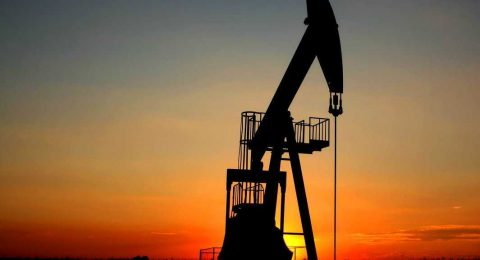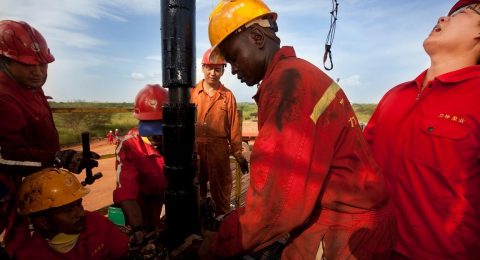South Sudan President Salva Kiir accused Sudan on Monday of seizing $815 million worth of its crude oil in a row over how to share oil revenues between the former civil war foes.
South Sudan seceded last July under a 2005 peace deal that ended decades of civil war between north and south, but the two countries are locked in a row over sharing oil revenues.
The new landlocked nation needs to use a northern pipeline and the port of Port Sudan to export the crude but has failed to reach an agreement with Khartoum over a transit fee, prompting Sudan to seize part of its oil as compensation.
Juba said last week it was preparing to shut down its oil output, which officials had said was 350,000 barrels a day.
“In total, the revenue that the government of Sudan has looted since December amounts to approximately $815 million,” Kiir told parliament in Juba.
He accused Khartoum of having built a tie-in pipeline to divert 120,000 barrels per day of southern production flowing through the north.
Officials in Khartoum could not immediately be reached for comment.
Sudan President Omar Hassan al-Bashir said this month Khartoum would impose a fee since Juba had failed to pay any fee for using northern export facilities since its independence.
“Given our history with the administration of President Bashir, we realize that unfortunately we must prepare for a disruption of revenue that could last many months,” Kiir said.
Sudan said last week it would continue seizing southern oil as part of compensation for what it said were unpaid transit fees. Khartoum is demanding $1 billion for fees since July and $36 a barrel, officials have said.
Kiir said the government would have to reduce its dependence on oil revenues, which make up 98 percent of state income.
“We will need to find other sources of funding. In doing so I have instructed the ministry of finance to initiate contingency plans for revenue collection and allocation,” he said.
Ravaged by decades of civil war, South Sudan is one of the most underdeveloped countries of the world. The government wants to diversify the economy away from oil, but analysts see little progress so far.
Source: Reuters











